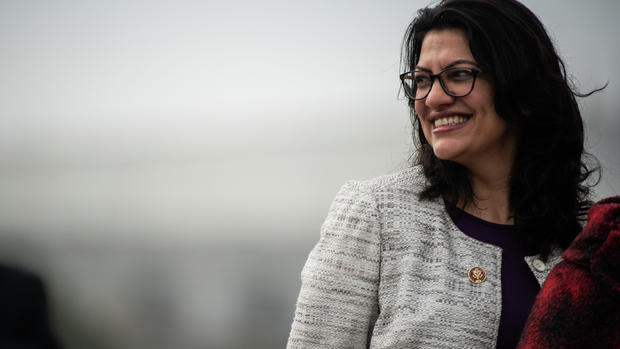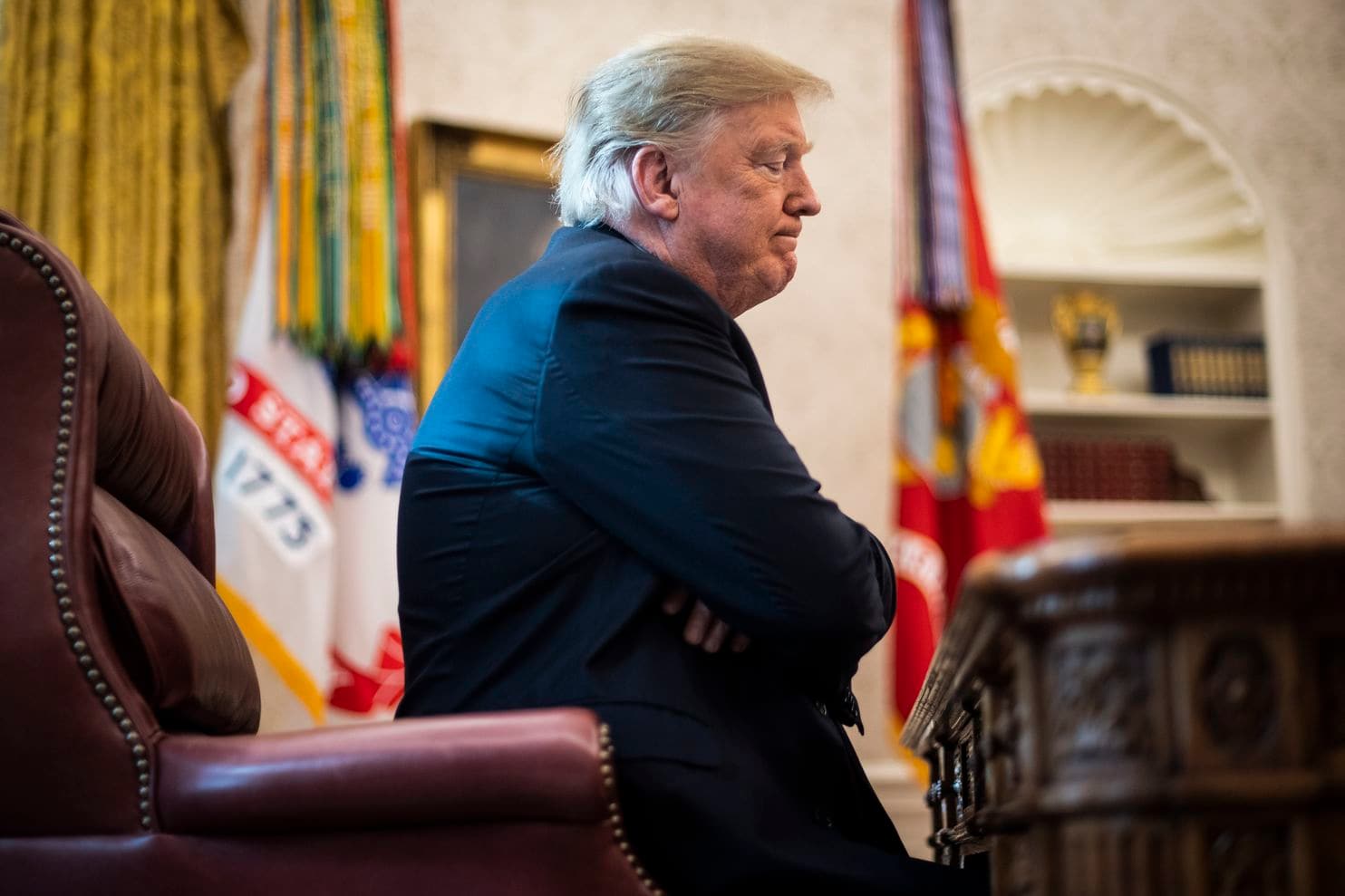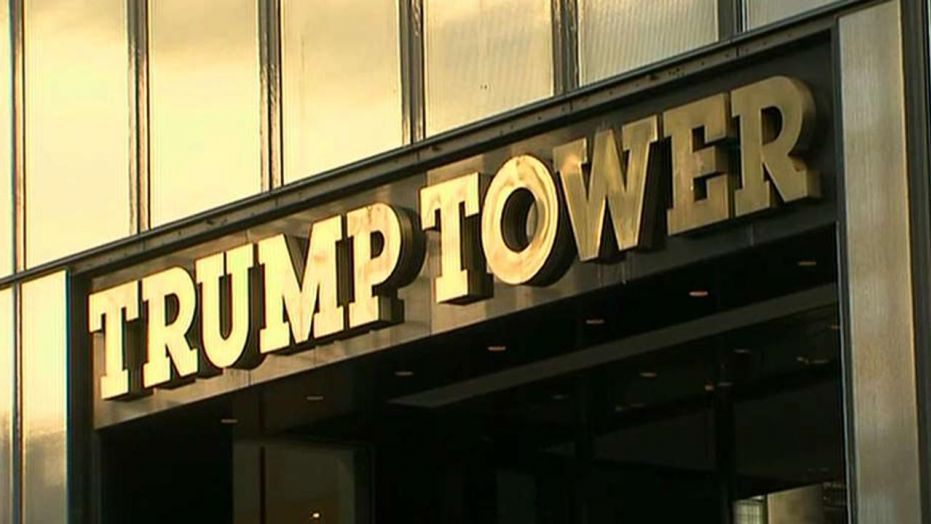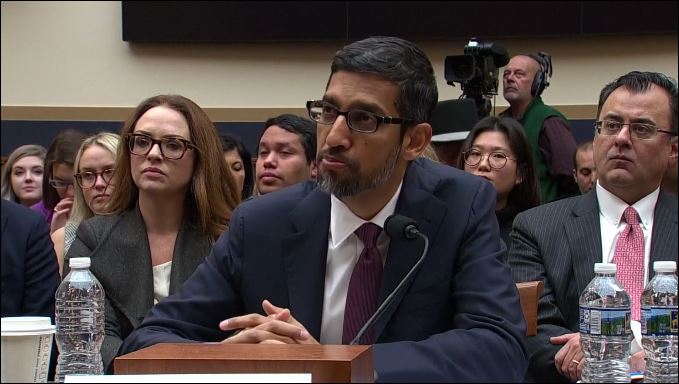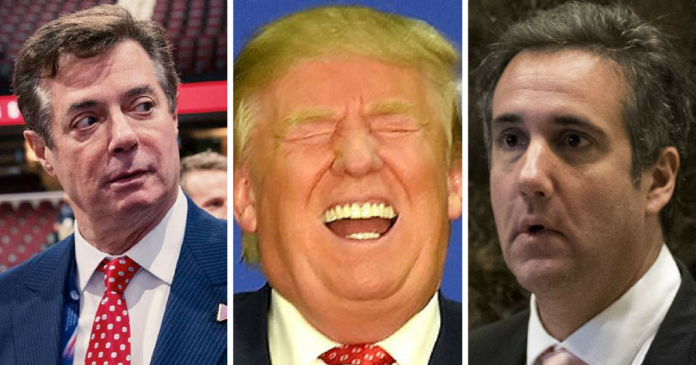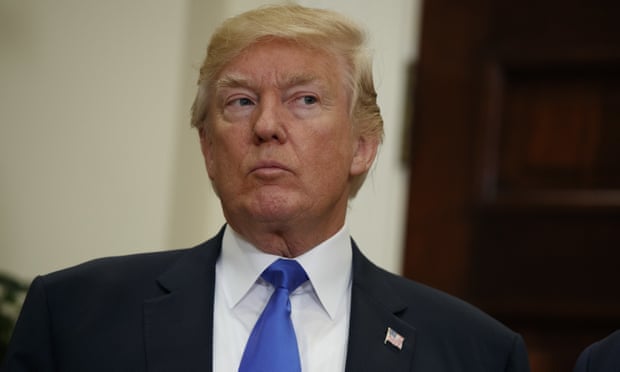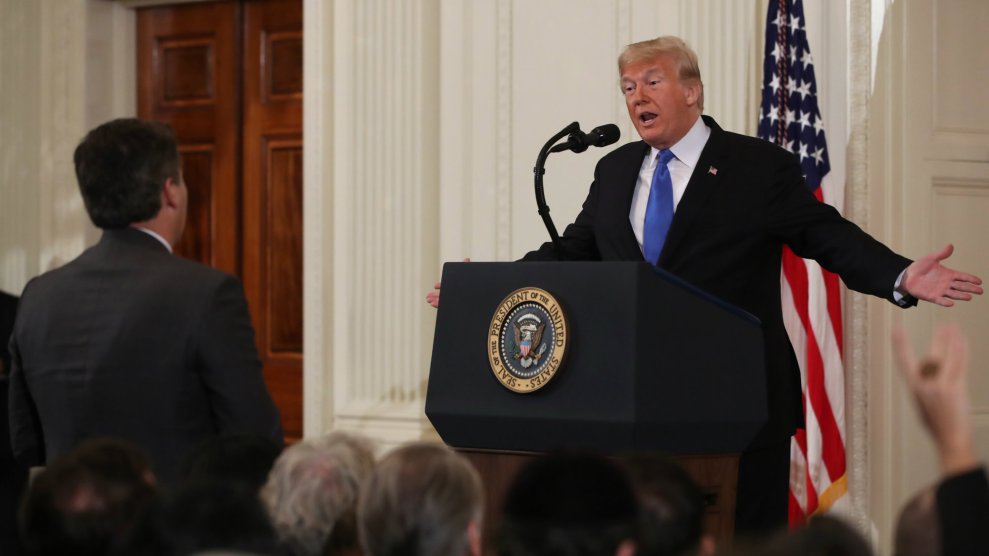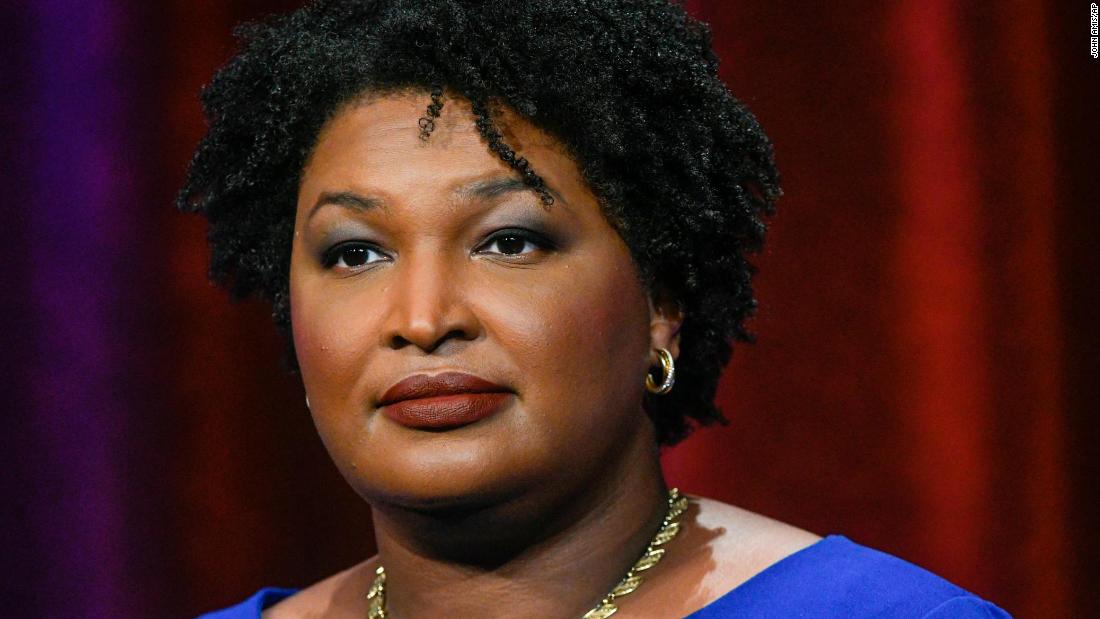It’s a case that started in the lower courts which awarded the plaintiff, Albert Snyder, a substantial award for his pain and suffering. Later, the ruling was overturned by the Supreme Court after it decided that the case of Snyder vs. The Westboro Baptiste Church, did not break any laws.
Mr. Snyder brought the case against the 50 member ‘church’ because, according to the complainant, the members showed up at the funeral of his son Lance Cpl. Mathew A. Snyder, who was killed in the Iraqi war. Snyder accused the church of “intentionally inflicting emotional stress,” because, as was the case in several other such funerals, the church showed up with protest signs that read, “God hate fags” and “America is doomed.” The Supreme Court applied the First Amendment as its reasoning behind siding with the “church.” Chief Justice John G. Roberts Jr. wrote;
“Speech is powerful. It can stir people to action, move them to tears of both joy and sorrow, and — as it did here — inflict great pain.”
In addition to free speech, Justice Roberts suggests three more reasons why the church was within its rights to protest.
- Their protest was within the public’s interest. The Justice suggests that although the signs may have been inappropriate, “the issues they highlight — the political and moral conduct of the United States and its citizens, the fate of our nation, homosexuality in the military and scandals involving the Catholic clergy — are matters of public import.”
- The Justice wrote that the relationship between the church and the plaintiff was not one of a private grudge, and
- The church had a right to be where they were and were not breaking any state laws to hold the protest.
Although the ruling by the Supreme Court is understandable, it is groups like the Westboro Baptiste church, in my humble opinion, that makes it necessary to add a clause to the Constitution that would exercise some restraint in the use of the amendment when it comes to such cases. For example, so-called church groups that protest the funeral of a soldier who died in the line of duty while defending their democratic right to freedom of speech and peaceful assembly, should not be protected under the first amendment.

